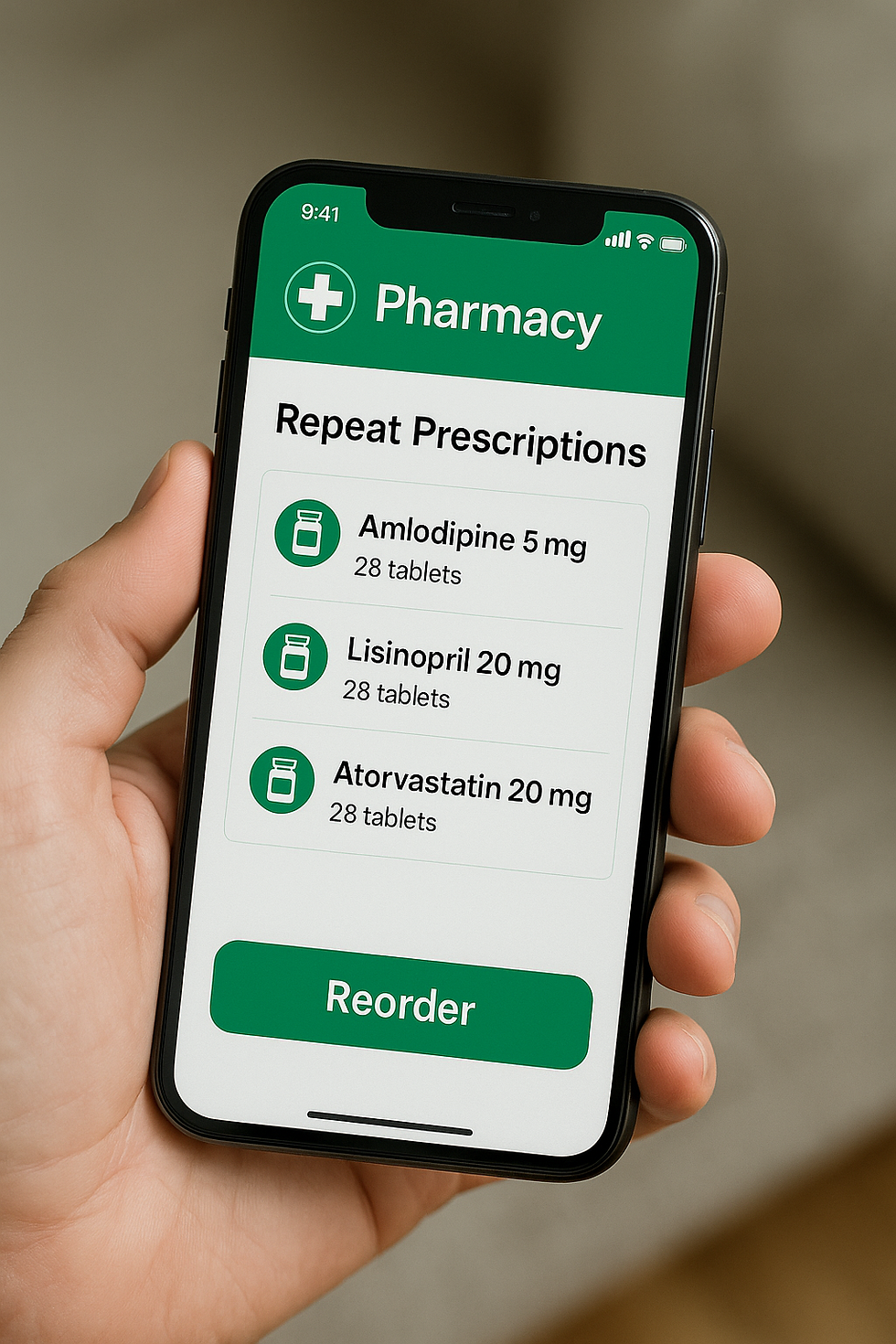The Benefits of Integrated EPR Systems for Pharmacists: A Clinical Perspective
- Kyle

- Mar 29, 2025
- 2 min read
As a clinical pharmacist working in an NHS hospital, I've experienced firsthand how the integration capabilities of Electronic Patient Record (EPR) systems significantly enhance patient care, streamline workflows, and improve safety. The Integration Team I work with is absolutely incredible.
A well-integrated EPR system can seamlessly pull in critical data such as laboratory results, patient observations, and clinical information from other applications directly into a single, comprehensive patient record. This integration is invaluable for pharmacists, facilitating timely clinical decisions, accurate medication reviews, and safer prescribing practices.

✅ Timely Clinical Decisions
Having immediate access to lab results like renal function tests, blood counts, or therapeutic drug monitoring directly within the EPR allows pharmacists to rapidly identify potential medication-related issues. We can swiftly intervene or adjust therapies, significantly enhancing patient outcomes.
✅ Enhanced Medication Safety
Integrated observations and clinical parameters enable pharmacists to spot adverse reactions, medication interactions, or dosing issues promptly. This comprehensive view helps mitigate risks associated with medication errors, ensuring safer prescribing practices across multidisciplinary teams.
✅ Efficient Workflow
Integration reduces the time spent navigating between multiple systems or manually transferring data. Pharmacists can focus more on clinical tasks rather than administrative duties, improving overall productivity and job satisfaction.
✅ Improved Multidisciplinary Collaboration
An integrated EPR promotes collaboration by providing all healthcare professionals, including doctors, nurses, and pharmacists, with unified access to the latest patient information. This ensures that everyone is working from the same, accurate data, improving coordination and patient care.
✅ My Experience
In my clinical role, integration has been transformative. It's enhanced my ability to deliver proactive, patient-focused pharmaceutical care, allowing me to intervene earlier and collaborate more effectively with clinical teams.
In conclusion, the power of integration within EPR systems cannot be overstated. It optimises clinical decision-making, safeguards patients, and enhances collaboration among healthcare professionals, ultimately leading to safer and more effective patient care.
Has your hospital experienced similar benefits?
Share your thoughts below!
Kyle




Comments